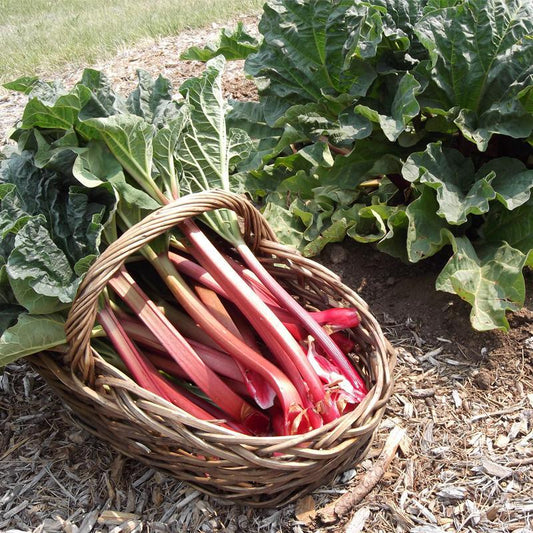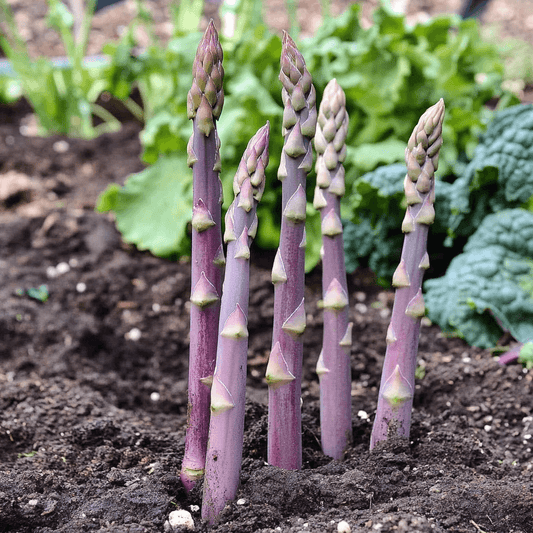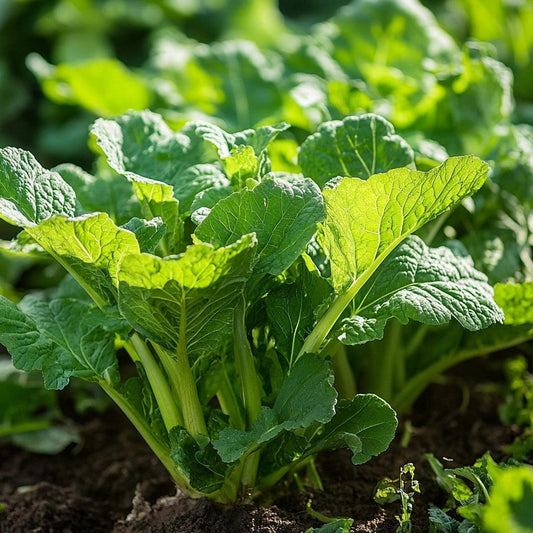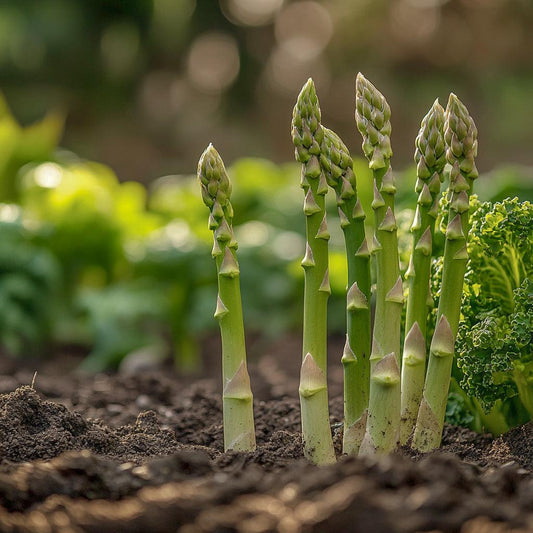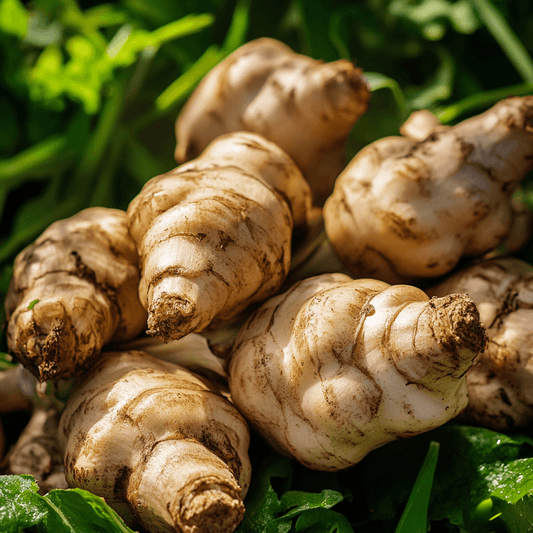Exploring a Variety of Perennial Vegetable Root Crowns
Perennial vegetable root crowns are a fascinating and diverse group of plants offering ornamental beauty and delicious edibles. These perennial gems can be a valuable addition to any garden, providing a continuous harvest year after year without the need for replanting. We will explore some of the perennial vegetable root crowns that you can consider adding to your garden, each with its unique characteristics and benefits.
What are Perennial Vegetable Root Crowns?
Perennial vegetable root crowns are the underground part of a plant that stores energy and nutrients. They allow the plant to survive through the winter or dry seasons, and then sprout again in the following growing season. These crowns are typically the base from which new growth emerges, making them an essential part of perennial vegetables.
Jerusalem Artichoke (Helianthus tuberosus)
Description: Jerusalem artichoke, or sunroot or sunchoke, is a sunflower relative that produces crisp, sweet, and nutty-flavored tubers. These tubers resemble small potatoes and are a great source of inulin, a type of soluble fiber that can aid in digestion.
Cultivation: Plant Jerusalem artichoke crowns in well-drained soil in full sun. They are known for their vigorous growth, so be prepared for them to spread quickly. Harvest tubers in the fall or leave them in the ground to harvest as needed throughout the winter.
Turmeric (Curcuma longa)
Description: Turmeric is a tropical perennial plant famous for its bright orange rhizomes, which are ground into the popular spice used in many dishes. Besides its culinary uses, turmeric has potential health benefits due to its active compound, curcumin.
Cultivation: Turmeric is best suited for warm, tropical climates or as a potted plant in colder regions. Plant the rhizomes in well-draining soil and provide ample sunlight. Harvest the rhizomes when the leaves start to turn yellow.
Sunchokes (Helianthus tuberosus ssp. var. sylvestris)
Description: Sunchokes, also known as wild Jerusalem artichokes, are a hardier and more rustic variety of Jerusalem artichokes. They have similar tubers but often with a slightly more earthy flavor.
Cultivation: Sunchokes are adaptable and can thrive in various soil types. Plant them in full sun, and they will quickly establish themselves. Like Jerusalem artichokes, sunchokes can be harvested in the fall or left in the ground for winter use.
Rhubarb (Rheum rhabarbarum)
Description: Rhubarb is a well-known perennial vegetable prized for its tart, red stalks. It is a versatile ingredient in sweet and savory dishes and is often used in pies, jams, and sauces.
Cultivation: Rhubarb crowns are planted in early spring in well-drained, fertile soil. They require a period of winter chill to thrive. Harvest the stalks when they are 12-18 inches long by pulling them gently from the base.
Asparagus (Asparagus officinalis)
Description: Asparagus is a highly sought-after perennial vegetable known for its tender, green spears. It's packed with nutrients and is a gourmet favorite.
Cultivation: Plant asparagus crowns in well-prepared soil in a sunny location. Asparagus can take a few years to establish fully, but once it does, it can provide a bountiful harvest for decades. Harvest the spears when they reach 6-8 inches in height.
In Summary
Perennial vegetable root crowns offer an exciting array of options for gardeners interested in a low-maintenance, long-term food source. Whether you're drawn to the sweet tubers of Jerusalem artichokes, the vibrant spice of turmeric, the rustic charm of sunchokes, the tartness of rhubarb, or the tender spears of asparagus, there's something for everyone in this diverse group of plants. Consider incorporating these perennial vegetable root crowns into your garden for years of delicious and nutritious harvests.
For more information, enjoy our horseradish growing guide.
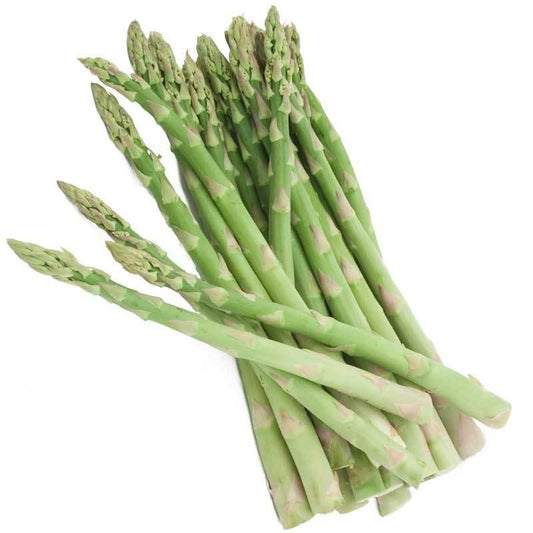 Sold out
Sold out

